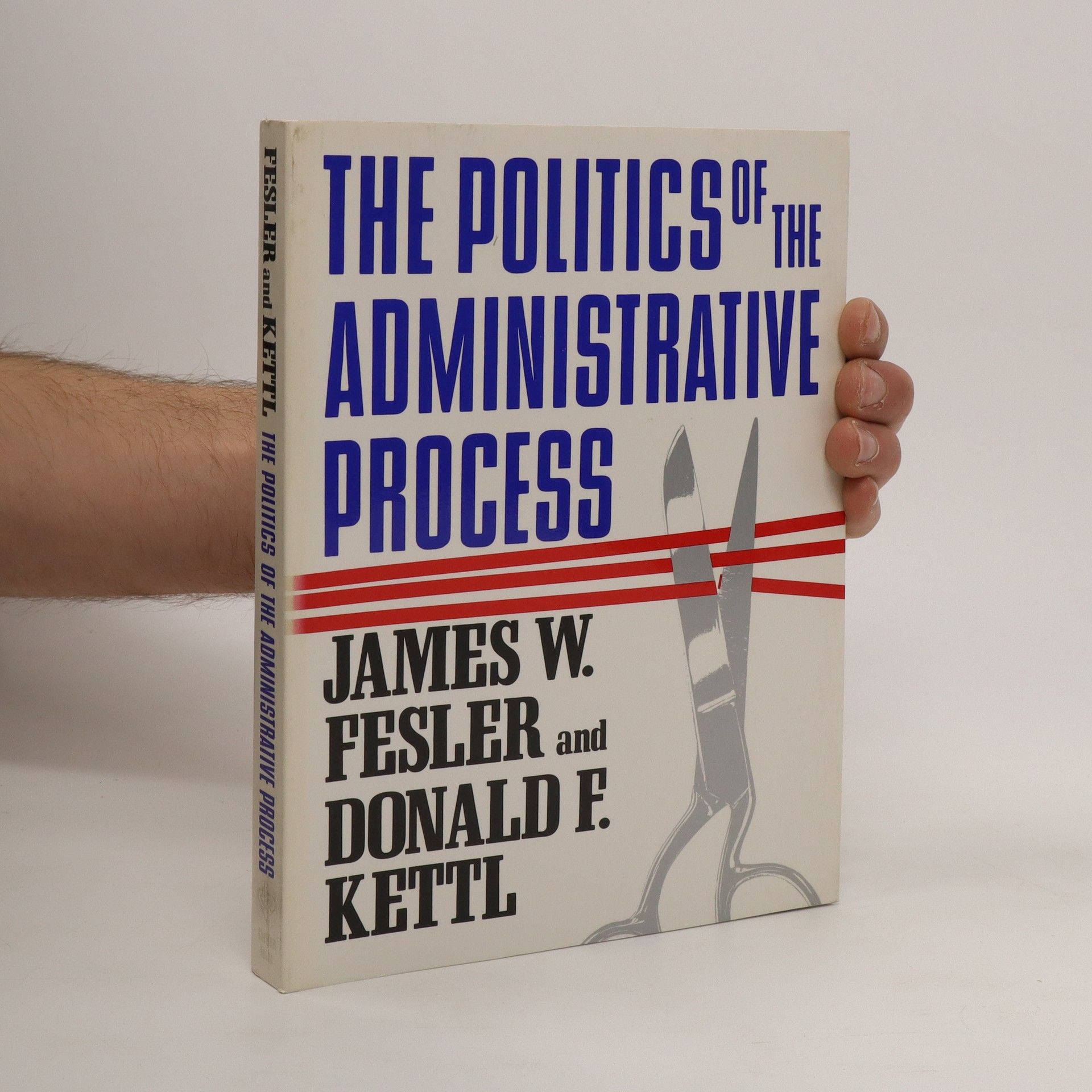The Divided States of America: Why Federalism Doesn't Work
- 248 páginas
- 9 horas de lectura
As James Madison led the effort to draft the Constitution, he introduced two pivotal concepts: the separation of powers and federalism. While the former is widely recognized, the latter was crucial for the formation of the United States. Federalism involves balancing power between the federal government and the states, centering on how much inequality the nation would tolerate to maintain peace among often-conflicting states. Throughout history, the U.S. has experienced phases of shifting power dynamics; at times, authority has leaned more towards the federal government, while at others, it has favored the states. This rebalancing has occasionally resulted in armed conflict, such as the Civil War, which nearly fractured the nation. Political struggles have also emerged. By the late 1960s, a consensus appeared to form around addressing inequality as a national priority, with the federal government taking the lead and states acting as administrative agents. However, as this agreement solidified, federalism faded from national discourse, allowing states to diverge in their administrative roles. Consequently, this shift has contributed to a growing inequality, with the very system that helped establish the nation increasingly driving it apart.

